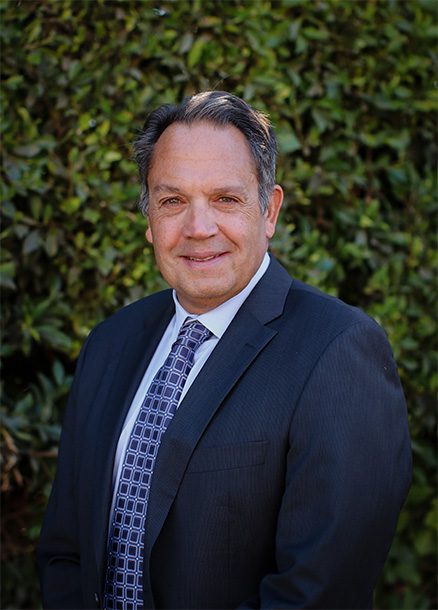One Size Doesn’t Fit All
Posted on: November 20, 2020
Botti & Morison Estate Planning Attorneys, Ltd.
When we’re out discussing estate planning with folks, one of the most commonly posed questions is: “How do I know if I need a Trust?” And it’s a great question . . . one that deserves a bit of deeper analysis.
In California, the California Probate Code serves as the “bible” governing the inner workings of Trusts and other testamentary instruments, and it dictates that “assets not held in trust must pass through probate.” (You’ll need to consult some of the previous blog posts on our website to gain an appreciation as to why it is so critical to avoid probate.)
Consequently, many people assume that the only way to avoid probate is to establish (and properly fund) a revocable living trust. And for most of the folks we meet, this route ends up being the most appropriate mechanism for them (with the caveat, of course, that a living trust is not the “be-all, end-all” – it serves best as but one component of a comprehensive, integrated estate plan, featuring several legal documents engineered to work in a complementary manner to achieve the desired results).
But in the course of our ongoing interactions with clients, we occasionally run into one of the following scenarios: mom and dad have sold the longtime family home and are downsizing – perhaps moving into an assisted living facility; maybe moving in with one of their children. Consequently, they no longer own real estate, and have consolidated their assets into a couple of bank accounts, maybe a brokerage account, and their (tax-deferred) retirement accounts. In addressing their well-founded desire to avoid probate, we counsel them that it can be done relatively simply: by designating beneficiaries on their accounts (assuming that a beneficiary outlives them) the account(s) designating beneficiaries will pass to those beneficiaries probate-free. And we know that, baring a catastrophic fail, their retirement accounts already have primary and contingent beneficiaries designated. Probate successfully defeated.
However, defeating probate is but one of the several compelling reasons to engage in estate planning (and, honestly, it’s a favor you’re doing for other people) – what about protecting yourself if you become incapacitated? The avoidance of “conservatorship” is perhaps a more compelling objective served via proper estate planning. For unprepared people, in the event of incapacity, a probate judge is charged with the responsibility of determining who will be in charge of the financial and transactional matters of the incapacitated person, as well as who will be empowered to make medical decisions for them. And married people beware – there is no guarantee that one’s spouse will automatically be the one designated by the court (remember Terri Schiavo’s infamous case?).
So, for people who might not need a trust to avoid probate due to the fact that they own no real property and have beneficiaries in place on all financial accounts, they still need a pair of critically important documents to eliminate the risk of conservatorship: a financial power of attorney (“General Durable Power of Attorney”) and a medical power of attorney (“Advance Health Care Directive”). The combination of these documents ensures that one has pre-ordained, in a legally-enforceable manner, who will manage their affairs in the event of incapacity – without the indignity and intrusiveness of a formal conservatorship proceeding in a public forum.
Then, while we’re preparing a “downsized” estate plan for people who don’t necessarily need a Trust, we typically include a Last Will and Testament – simply to facilitate the orderly distribution of one’s personal property.
While this approach often addresses the needs of the hypothetical client identified above (older folks in downsizing mode), it also can perform well for people on the other end of the spectrum: often the children of our clients. Often a young adult is getting started with their career, maybe they’ve already started a family, but they don’t own a home yet. For them, the “Will Package” described above will similarly adequately address their estate planning needs.
So, the time-honored cliché that we bandy about at Botti & Morison: “We only buy blank paper!” is actually true – it is never proper to attempt to force differently-situated clients into the same estate planning approach; each prospective client of Botti & Morison will be afforded a thorough analysis to determine what their particular needs are, and a custom estate plan will be crafted to most effectively (from cost and document production perspectives) properly serve their needs.
If you have any questions or would like more information, please don’t hesitate to call (877-585-1558), email us or register to one of our free webinars or workshops.
Paul Morison








